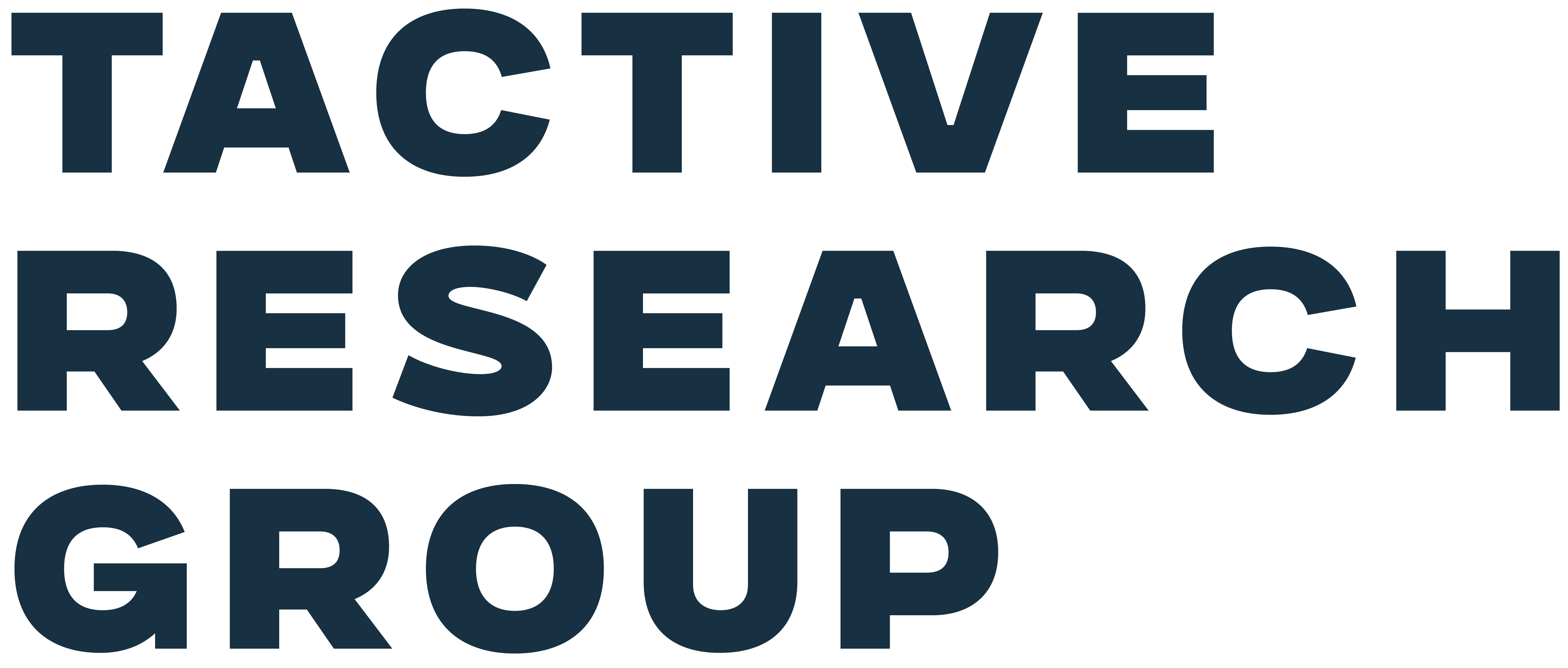Know Your Customer (KYC) is the process of verifying the identity of a customer. This is especially important for financial institutions such as banks and cryptocurrency exchanges. Generative Adversarial Networks (GANs) can create realistic fake IDs to bypass KYC checks that have weak AI verification processes. This allows bad actors to create accounts with financial institutions that result in increased fraud and money laundering. Information security officers must use AI verification checks along with human intervention to avoid illegal activities on their systems since an AI-only solution cannot keep up with the technology’s rapid evolution.
KYC Bypass Strategies
The ID verification check for a typical KYC check using AI requires a government-issued photo ID (for example, a passport, driver license or ID card) and a photograph of the ID’s owner. The photos are compared to confirm that the customer being verified is the correct …

